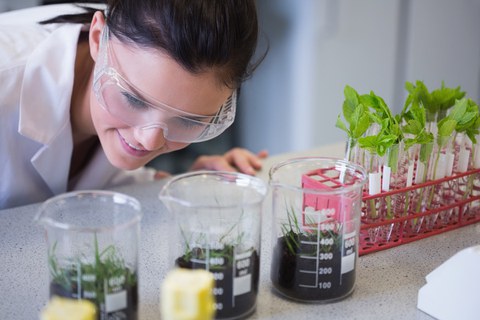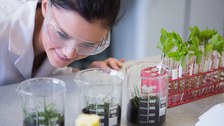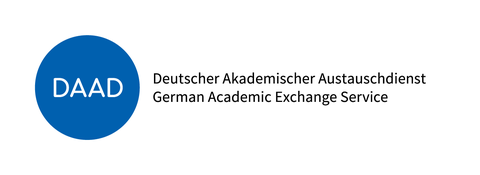5. Alumni Symposium Biologie
28. August 20121 - 3. September 2021
Frame Program for Alumni at TU Dresden (28. August and 3. September)
and
Research Retreat in Altenberg - Oberbärenburg (29. August - 2. September)
Das Alumni-Symposium wird von der Fakultät Biologie, Senior Professur für Molecular Cell Physiology and Endocrinology, und dem Internationalen Büro des Bereichs Mathematik und Naturwissenschaften der Technische Universität Dresden organisiert.

© PantherMedia/Wavebreakmedia ltd

© Oliver Zierau

© Robert Lohse
Traditionelles Wissen zu Heilpflanzen im „Omics“ Zeitalter– führen definierte Standards (good/best practices) zur Harmonisierung der wissenschaftlichen Vorgehensweise und zu einer einheitlicheren Publikationspraxis?
Das Alumni Symposium findet in englischer Sprache statt. Nutzen Sie für weitere Informationen die englische Version dieser Website.




